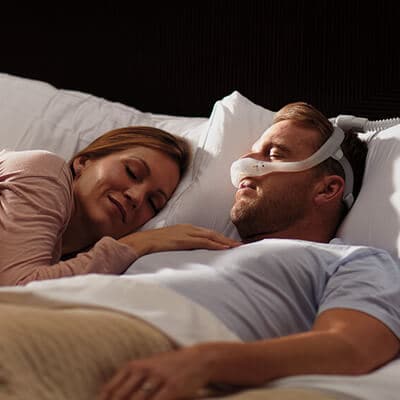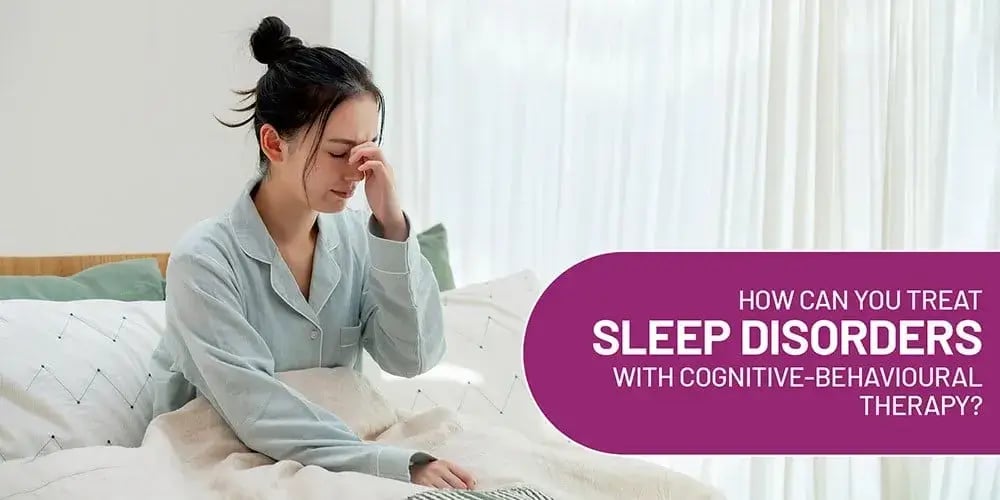Sleep Improvement Therapy - Improve Your Sleep High Quality
Sleep Improvement Therapy - Improve Your Sleep High Quality
Blog Article
Reliable Treatment Solutions for Handling Rest Disorders and Enhancing Peaceful Rest
In the realm of healthcare, the administration of sleep problems and the quest for relaxed rest are pivotal elements of general health. As we navigate the complex landscape of sleep conditions and seek to boost our sleep experience, a deeper understanding of these treatment options may hold the secret to opening a more rejuvenating and meeting restorative journey.
Cognitive Behavior Modification for Sleeplessness (CBT-I)
Cognitive Behavior Modification for Sleeping Disorders (CBT-I) is a structured, evidence-based therapy approach that focuses on addressing the hidden aspects adding to rest disruptions. This kind of therapy intends to modify behaviors and ideas that intensify sleeping disorders, eventually promoting healthy and balanced rest patterns. CBT-I usually involves several key elements, consisting of cognitive therapy, rest restriction, stimulus control, and rest hygiene education.
Cognitive therapy aids people determine and alter unfavorable idea patterns and beliefs about rest that may be preventing their capability to drop or stay asleep. Sleep constraint includes limiting the amount of time invested in bed to match the person's real sleep period, thereby boosting sleep performance (sleep therapy). Stimulus control methods aid develop a solid organization in between the bed and rest by motivating individuals to go to bed just when drowsy and to prevent involving in stimulating activities in bed
Moreover, sleep health education and learning focuses on developing healthy and balanced rest behaviors, such as preserving a consistent rest timetable, producing a relaxing bedtime routine, and optimizing the rest environment. By attending to these factors adequately, CBT-I uses an effective non-pharmacological treatment for handling sleeplessness and improving overall rest high quality.
Rest Hygiene Practices
Having developed the structure of cognitive restructuring and behavior alterations in attending to sleeping disorders through Cognitive Behavioral Treatment for Sleeplessness (CBT-I), the focus now changes towards exploring necessary Sleep Hygiene Practices for keeping ideal rest quality and general health.
Sleep health practices include a variety of behaviors and environmental aspects that can dramatically affect one's capacity to go to sleep and stay asleep throughout the evening. Consistent sleep and wake times, developing a relaxing bedtime routine, and maximizing the rest atmosphere by maintaining it dark, peaceful, and cool are vital parts of great sleep health. Restricting exposure to screens before bedtime, avoiding stimulants like high levels of caffeine near going to bed, and taking part in routine exercise throughout the day can likewise advertise much better rest high quality.
Furthermore, exercising leisure strategies such as deep breathing workouts or reflection prior to bed can assist calm the mind and prepare the body for rest. By incorporating these sleep hygiene techniques right into one's daily regimen, individuals can develop a healthy and balanced sleep pattern that supports relaxed rest and general well-being.
Relaxation Methods and Mindfulness
Carrying out leisure techniques and mindfulness practices can play a pivotal duty in promoting a feeling of calm and advertising high quality rest. insomnia therapy. These strategies aim to quiet the mind, reduce stress and anxiety, and create an ideal setting for peaceful rest. One extensively practiced approach is deep breathing exercises, where individuals concentrate on slow-moving, deep breaths to kick back the mind and body. Modern muscle mass leisure involves tensing and after that releasing each muscular tissue team, advertising physical relaxation. In addition, directed imagery can aid move individuals to a peaceful location in their minds, aiding in stress and anxiety reduction and boosting rest high quality.
Mindfulness methods, such as reflection and yoga, are additionally reliable in advertising relaxation and boosting rest. Mindfulness urges individuals to remain present in the moment, letting go of stress over the past or future. By including these techniques right into a going to bed regimen, people can signify to their bodies that it is time to prepare and relax for rest. On the whole, integrating leisure strategies and mindfulness methods can substantially add to taking care of rest disorders and enhancing overall rest quality.

Medication Options for Rest Disorders
After checking out leisure strategies and mindfulness practices as non-pharmacological treatments for boosting rest high quality, it is necessary to consider medication alternatives for individuals with rest problems. In cases where way of living modifications and view publisher site treatment do not provide sufficient relief, medication can be a useful device in managing sleep disruptions.
Frequently recommended medications for sleep conditions include benzodiazepines, non-benzodiazepine hypnotics, antidepressants, and melatonin receptor agonists. Antidepressants, such as trazodone, can be helpful for people with co-occurring anxiety and rest disruptions - sleep improvement therapy.
It is essential for individuals to talk to a health care copyright to figure out one of the most appropriate medication alternative based upon their details rest condition and medical history.
Light Treatment for Circadian Rhythm Policy
Light treatment, likewise called photo-therapy, is a non-invasive treatment method used to regulate circadian rhythms and enhance sleep-wake cycles. This treatment entails exposure to intense light that imitates natural sunshine, which assists to reset the body's biological rhythm. By exposing individuals to details wavelengths of light, usually in the morning or night relying on the wanted impact, light treatment can properly change the body clock to advertise wakefulness throughout the day and enhance relaxed sleep in the evening.
Research study has revealed that light therapy can be specifically helpful for individuals with circadian rhythm disorders, such as postponed sleep phase disorder or jet lag. It can additionally be valuable for those experiencing seasonal depression (SAD), a kind of depression that normally takes place throughout the cold weather when all-natural light exposure is reduced. Light treatment is normally well-tolerated and can be used along with various other therapy methods for rest problems to optimize end results and improve total rest top quality.
Final Thought
Finally, efficient treatment solutions for managing sleep disorders and boosting restful sleep consist of Cognitive Behavioral Therapy for Sleeplessness (CBT-I), sleep health techniques, leisure techniques and mindfulness, medicine options, and light sleeping while sitting disease therapy for circadian look at these guys rhythm law. These strategies can help individuals enhance their rest top quality and general wellness. It is very important to consult with a health care service provider to determine the most suitable approach for addressing sleep problems.
As we navigate the intricate landscape of rest conditions and seek to improve our rest experience, a deeper understanding of these therapy services might hold the secret to unlocking a more refreshing and satisfying restorative trip.
Rest limitation involves limiting the amount of time spent in bed to match the person's real rest period, thus enhancing rest efficiency. Constant rest and wake times, producing a relaxing bedtime regimen, and optimizing the rest atmosphere by keeping it dark, silent, and cool are essential parts of great rest hygiene. Light therapy is generally well-tolerated and can be made use of in conjunction with various other therapy methods for rest conditions to optimize end results and improve total rest high quality.

Report this page